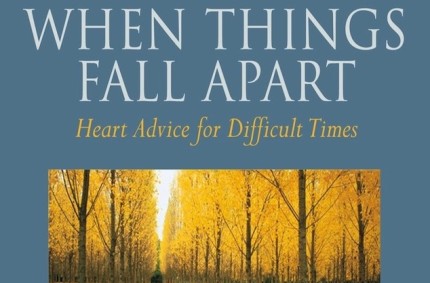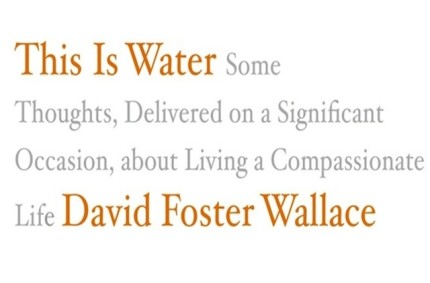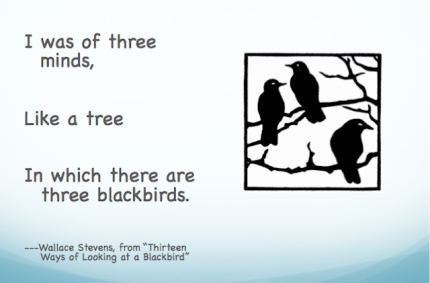Months 9&10: Figuring Out the Good Part
The title for this month springs from an essay, “The Good Part,” written by Dennis Covington and found in the anthology, The Healing Circle. Covington’s essay is such a good essay, funny and sharp. It asks and re-asks what I think are terribly relevant questions to writing and healing: What’s the good part? Have you gotten to the good part?
The challenge, I think, when figuring out the good part in regard to some difficulty or pain is to figure this out without glossing over or suppressing what is painful and difficult.
Mary Oliver, I think, strikes this balance in her poem, The Wild Geese.
But you may also want to start with some research on figuring out the good part:
Asking a New Question: More Research on Writing and Healing
Writing and Healing and Breast Cancer
Research on Shifting One’s Point of View in Writing
Or with one of the pieces below that has to do with reframing–considering something or some things from a new perspective.
The Healing Circle Anthology can be found here.
Photo taken in Northumberland, England
When Things Fall Apart by Pema Chodron
In When Things Fall Apart, Pema Chodron, a Buddhist nun, tells this story—a story that came to mind as I was thinking about “One Art” by Elizabeth Bishop. It’s another take on this idea of practicing loss by looking at it differently. By considering that what looks and feels like loss might be something other than disaster. Pema Chodron writes: I read somewhere about a family who had only one son. They were very poor. This son was extremely precious to them, and the only thing that mattered to...
This is Water by David Foster Wallace
I’m thinking of this speech by David Foster Wallace because I’m reading his book, Infinite Jest, this summer, and will be showing the speech again this fall to my students, and because the speech connects so well to the poem by Alison Luterman that I wrote about back in April—Because Even the Word Obstacle Is an Obstacle. The whole speech is well worth listening to and I’m embedding it here. I’m also excerpting a short piece from his speech that connects especially well to the poem. There are so...
Because Even the Word Obstacle is an Obstacle by Alison Luterman
I appreciate this poem for its first line: Try to love everything that gets in your way. I love that the poem is about swimming laps. Learn to be small and swim through obstacles like a minnow without grudges or memory. I think I recognize the moment this poem might spring from–getting to the pool and wanting nothing more than an empty lane, the smooth glassy surface of the water, and, then, well–obstacles. The poem is so specific about what can get in the way. For instance: the Chinese women in...
Thirteen Ways of Looking at a Blackbird by Wallace Stevens
In a letter about his poem, “Thirteen Ways of Looking at a Blackbird,” Wallace Stevens writes that the poem “is not meant to be a collection of epigrams or ideas, but of sensations.” The poem is made of up thirteen stanzas—thirteen sensations—each marked by a Roman numeral. Each stanza has the word blackbird in it. I like the second stanza. Number II: I was of three minds, Like a tree In which there are three blackbirds. I also like the ninth. Number IX: When the blackbird flew out of sight,...




